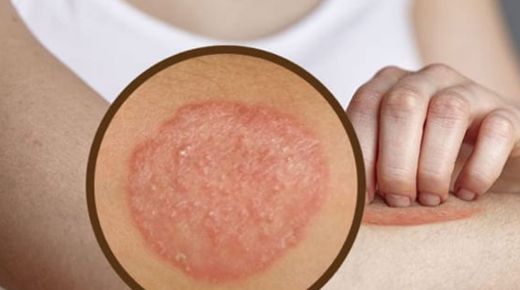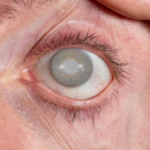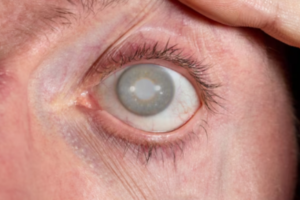
Dermatologists do more than just address cosmetic concerns. While some may think of them for treatments like botox downtown DC, their expertise also covers a wide range of skin conditions, including fungal infections. These infections can cause discomfort and be stubborn to treat. Understanding the role of dermatologists in managing these infections is crucial for effective care.
What Are Fungal Infections?
Fungal infections are caused by fungi that invade the skin, hair, or nails. These infections can be superficial or deep. They often result in redness, itching, and sometimes cracking or peeling skin. Common fungal infections include athlete’s foot, ringworm, and yeast infections. Dermatologists diagnose and treat these conditions using their specialized knowledge.
Role of Dermatologists
Dermatologists have the skills to accurately diagnose and treat fungal infections. They use a variety of methods, including visual examination and laboratory tests, to confirm the presence of a fungal infection. Treatment can vary based on the type and severity of the infection.
- Topical treatments – creams or ointments applied directly to the skin.
- Oral medications – pills that work from within the body.
- Home care advice – tips to help manage the condition.
By combining these approaches, dermatologists tailor treatment plans to each patient’s needs.
Common Treatments
The choice of treatment depends on the type of fungus and the infection’s location. Dermatologists may prescribe topical or oral antifungal medications. It’s important to follow their instructions carefully, as improper use can lead to resistance or recurrence of the infection.
| Infection | Symptoms | Treatment |
| Athlete’s Foot | Itching, burning, cracked skin | Topical antifungals |
| Ringworm | Red, circular rash | Topical or oral antifungals |
| Yeast Infection | Redness, itching, discharge | Topical or oral antifungals |
Prevention
Prevention is key to avoiding fungal infections. Good hygiene practices can reduce the risk of infection. Dermatologists often recommend:
- Keeping skin clean and dry.
- Wearing breathable clothing.
- Avoiding sharing personal items.
These simple steps can help protect against infection and its spread.
When to See a Dermatologist
If symptoms persist or worsen after home treatment, it’s time to see a dermatologist. Early intervention can prevent complications and provide relief faster. A trusted source like the CDC offers more information about when to seek professional help.
Conclusion
Dermatologists play a vital role in treating fungal infections. Their expertise allows for accurate diagnosis and effective treatment plans. By understanding when to seek help and how to prevent infections, individuals can maintain healthier skin. For more detailed guidance, the American Academy of Dermatology offers comprehensive resources on fungal skin infections.














